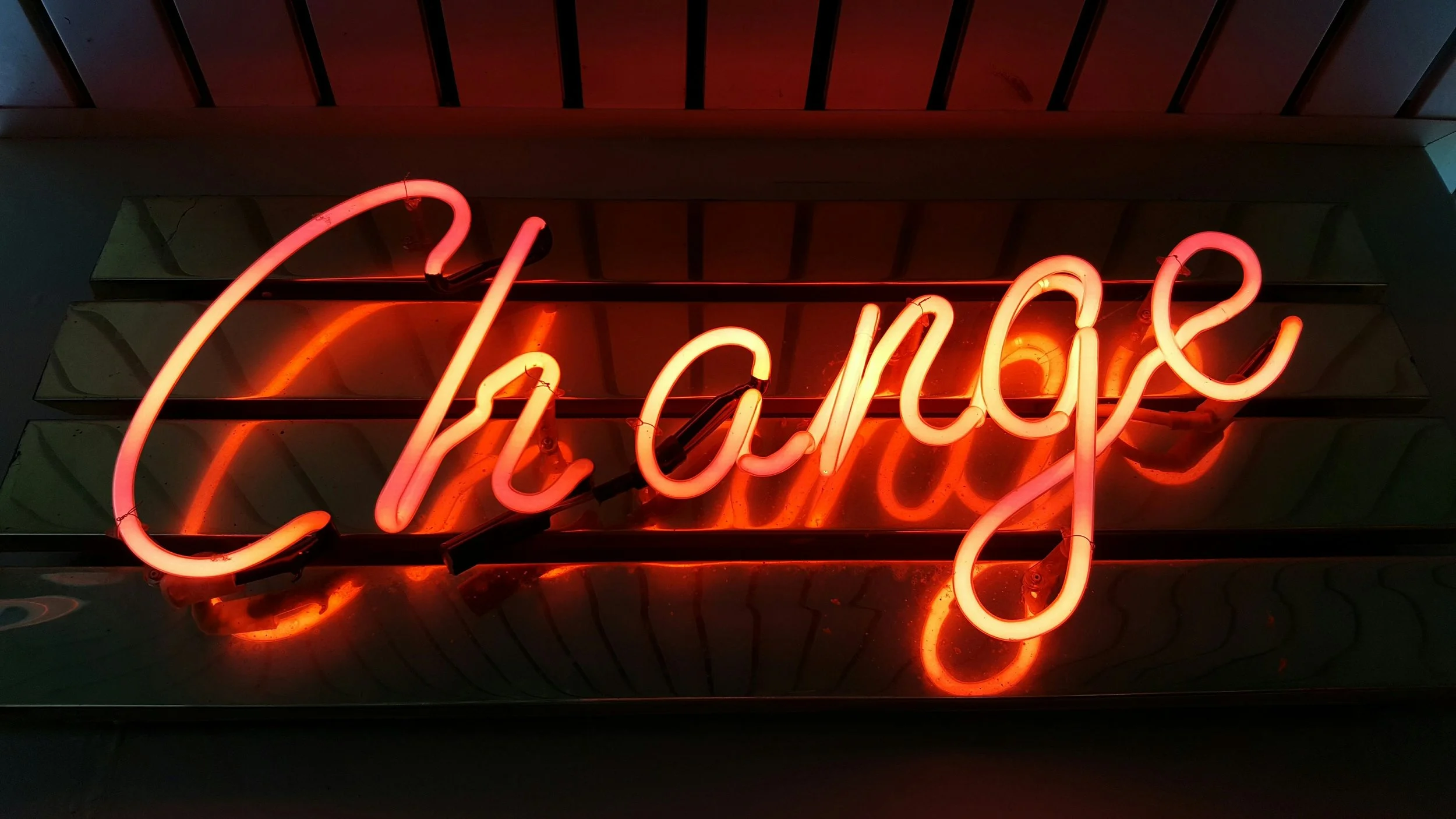Beyond the Rulebook: HR That Actually Works in Entertainment
Written by @Tacita Small
Photo by Oleg Laptev on Unsplash
Let’s get straight to it. If your idea of good HR is simply “keeping things compliant,” you’re going to struggle in the entertainment world.
Yes, compliance matters. (Obviously.) But when your work lives inside fast-paced, people-heavy, emotionally-charged environments like film, TV, theatre, radio, music and gaming - you need more than a rulebook.
The most successful HR consultants in this space know that while legal understanding is essential, how you use that knowledge is where the magic lies. In production-heavy environments, “compliance” can feel like a dirty word. It’s associated with slowing things down, getting in the way, or blocking creativity – the thief of joy! And for many freelancers, contractors and even long-time staff in entertainment, HR hasn’t always had the best PR.
So how do you work within the rules while still being useful, trusted, and effective? What does HR look like when it actually works in creative settings? Here’s what we’ve learned from doing this in real life:
Photo by Scott Webb on Unsplash
Compliance doesn’t earn trust - humans do
Having your policies in place is great. But no one is going to read them mid-crisis, during a 14-hour tech rehearsal, or between live show call times. When someone flags a problem, they’re not looking for a manual or a helpline. They’re looking for a person they know and can trust, which doesn’t come from legal templates—it comes from how you show up. Are you calm? Are you clear? Are you listening?
In creative environments where people often feel exposed, rushed, or undervalued, that kind of presence is powerful.
The policy is the foundation. You are the delivery system.
Being legally right doesn’t always mean you’re doing the right thing
There’s a big difference between “what you can do” and “what you should do.”
We’ve all seen situations where the legal route felt tone-deaf: a formal letter sent to a freelancer mid-project, a disciplinary process applied rigidly with no room for conversation, a team member forced back onto set because technically “they signed the contract.”
Creative clients want to do things well, but they also want to do what feels right for their team. You need to help them navigate that line. Not by ignoring the law, but by guiding them through it with care, context and emotional intelligence.
Photo by Jess Bailey on Unsplash
You’re not just protecting the business - you’re protecting people
Yes, your duty is to the business. But in entertainment, “the business” is often a collection of people trying to get through a project with their sanity (and professionalism) intact.
When everything is urgent and short-term, it’s easy for people to get overlooked; especially freelancers, juniors, and anyone without institutional power. That’s where HR can make a real difference. You’re there to:
Raise issues that get brushed aside
Highlight behavioural trends based on observations and feedback
Remind producers that “just get it done” isn’t a wellbeing strategy
This isn’t just nice-to-have, it’s vital. Because people who feel supported stick around. They recommend the production. They come back. That’s retention, reputation, and results.
Culture doesn’t come from a checklist
It’s tempting to respond to culture gaps with process. “Let’s update the policy. Let’s roll out training. Let’s send another email.” But culture in entertainment is largely informal, it’s how people speak to each other in pre-prep meetings, on location, in the studio, on comms channels, in post-production or at the wrap party.
Real culture change happens when you:
Lead by example
Shift tone and behaviour on set or in meetings
Set expectations around respect and boundaries before someone crosses the line
Make inclusion part of the daily rhythm
If your culture work relies solely on checklists, it’s going to miss the mark. And people will feel it.
The goal isn’t just to fix things—it’s to shape them
Too often, HR gets called in when something has already gone wrong. But in entertainment, we can, and should, get ahead of the curve.
That means:
Supporting onboarding conversations
Creating safer space agreements during pre-production
Helping those that manage others feel confident about feedback and tone
Spotting signs of burnout before they hit crisis point
You don’t need to have all the answers. But by being in the room, asking good questions and offering perspective early, you become part of the creative process, not just the clean-up crew.
So, what does this mean for us as HR consultants?
It means compliance is a baseline - not the goal. We need to know it inside-out; but never lead with it. Instead, we show up with clarity, care and credibility.
We’re not here to slow things down. We’re here to make things work - for the production, for the people, and for the long game.
💬 Let’s talk about it. Are you seeing this shift too? That more and more teams want their HR people to be present, real, and proactive?
We’d love to hear how you’re navigating it and what you think HR in the entertainment space should look like next.
📣 And if you haven’t yet - join our community for HR consultants and people professionals working in the entertainment world.
We’re building a space where you can share experiences, swap ideas, and not feel like the only one doing this work behind the scenes.
👉 Click here to join.
📌 Coming next in final part of the series: How to Make Production HR Work – Lessons for Clients





